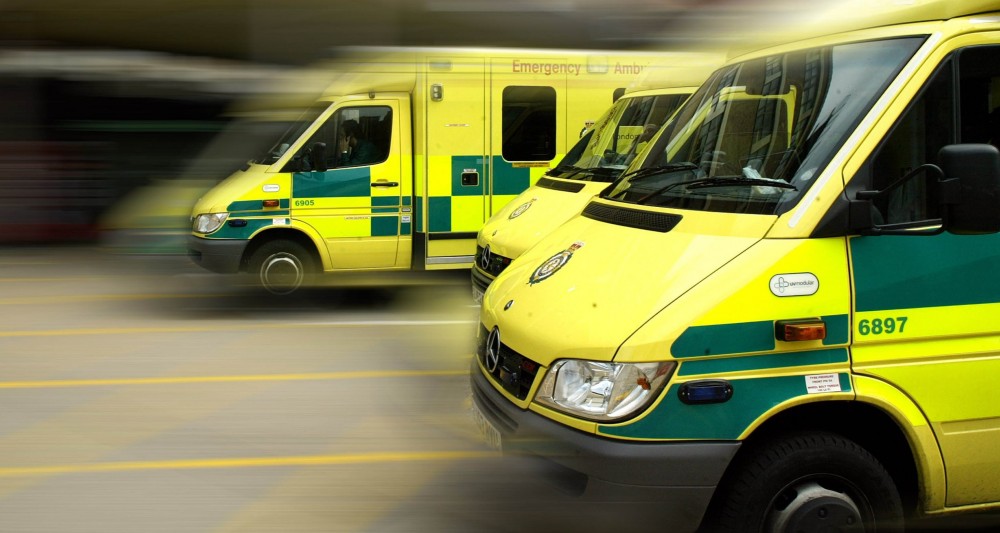â€Sort this now’
Communities in the Highlands are being left at high risk in emergencies as ambulance services are stretched to breaking point, with staff working long shifts leaving them dangerously exhausted.
In Dufftown, it has been reported that employees are regularly working shifts that can last up to 72 hours, and as a result have had to take 790 hours off due to fatigue in the last six months alone – equivalent to 33 full days off.
Staff in Dufftown have said that the situation has deteriorated since the nearby town of Keith cut its night cover ambulance service six years ago, with a service now being operated only from noon to 10pm.
And in the town of Buckie, a second ambulance vehicle which ran four days a week from 4pm until midnight was axed in 2014, leaving the town with only one ambulance – further exacerbating the problems in Dufftown.
The Press and Journal reported that last March, the dangers of running an inadequate service were shockingly exemplified after a 16-year-old girl was fatally struck by a car just outside Dufftown.
The incident would usually have been covered by Dufftown crew, but instead crew from the town of Elgin were called, who were busy handling a different incident in Speyside.
It took 27 minutes before a crew from Tomintoul first arrived on the scene – four times longer than the average response time for the region.
Unite regional officer Tommy Campbell called the problem “extremely worrying”.
“This is having an impact on the staff personally, and on the level of response available to the public should anything serious happen,” he told the Press and Journal.
“There needs to be more recruitment at this station, to make sure that the paramedics there are not fatigued and don’t need all this time off.
“Nobody wants a member of the ambulance service attending an incident when they are absolutely knackered,” he added.
â€Dangerous’
“That would be dangerous to themselves, other road users and patients,” Campbell pointed out. “Responsibility for this clearly lies with management and they must work harder to ensure the safety of their employees.”
Just yesterday (January 24), Unite highlighted similar growing concerns over overstretched ambulance services in the west Highlands and Caithness.
Unite regional officer Richard Whyte said that members in Skye, Fort William and Caithness had alerted the union to the dangerous practice in which emergency ambulances were routinely put on long patient transfers to Raigmore Hospital in Inverness.
Whyte argued that this “should only be done as a last resort and when a medical reason requires it.”
“However it would seem that Highland communities are being left with drastically reduced emergency cover while crews transport patients to Inverness,” he explained. “Sometimes before the ambulances can return to their own communities, they are being sent to cover calls in the Inverness area.
“Our workplace representatives have raised concerns with the management of the Scottish Ambulance Service about these problems, and about the length of working hours that sometimes results.”
The Scottish Ambulance Service acknowledged that the Highlands service was under pressure and said it had recruited 12 staff in the area in the last year.
But Unite argues more must be done and lays the blame squarely on the shoulders of poor management.
Unite has previously raised issues about patient transport having an effect on emergency cover in the Moray area. Last year Moray MSP Richard Lochhead warned of the dangers of using emergency ambulances as â€taxis’.
“The lack of foresight by ambulance chiefs is astonishing,” said Whyte. “God forbid that anything goes wrong when Skye, Lochaber or Caithness is left with little or no emergency cover. This needs sorted now.”
 Like
Like Follow
Follow


